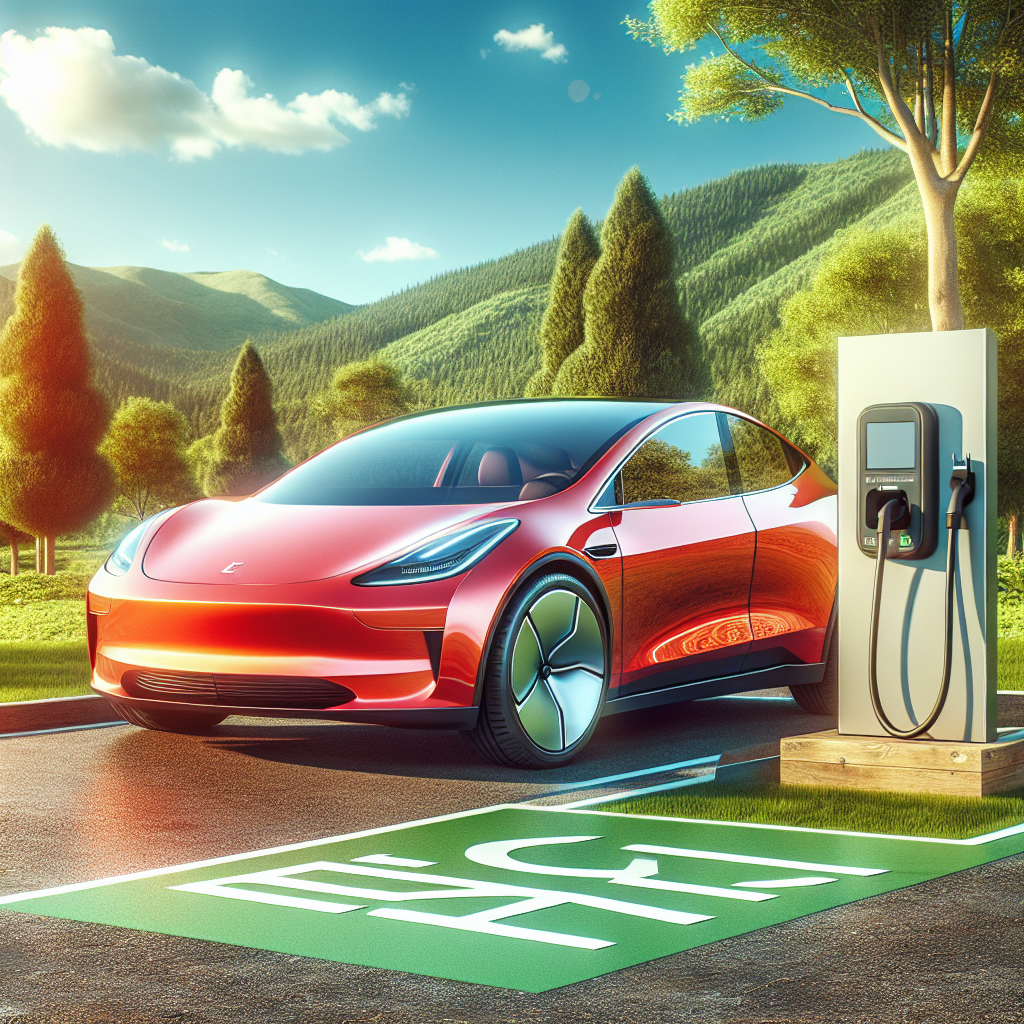Tesla Faces Challenges Amid Decline in Deliveries and Intensifying Competition
Tesla experienced a decrease in annual deliveries, missing market estimates. Challenges include lower European subsidies, competition from China's BYD, and shifts in vehicle preferences. CEO Elon Musk aims for growth via self-driving technologies, Cybertruck, and a new low-cost model amid scrutiny over autonomous vehicle claims and market pressures.

Tesla has reported its first annual decline in deliveries as fewer vehicles were handed over than expected in the fourth quarter. Attempts to stimulate interest with promotions like zero-interest financing proved insufficient, leading to a 4% drop in company shares and growing investor concern over CEO Elon Musk's strategies for future growth.
Adverse factors such as reduced European incentives, rising competition from China's BYD, and a shift toward lower-priced hybrids in the U.S. are impacting Tesla. Musk has pivoted towards self-driving taxis and backed political efforts to gain regulatory advantages, including President-elect Donald Trump's administration support.
The company's vehicle deliveries fell short of estimates, while rival BYD saw a significant increase in sales. With full self-driving technology still years away, Tesla is focusing on launching a low-cost model and the Cybertruck by 2025 to achieve projected sales growth, amid challenges from legacy automakers and ongoing regulatory scrutiny.
(With inputs from agencies.)










